Are you dreaming of hitting the open road in a luxurious recreational vehicle (RV)? Being able to cruise down highways and explore unknown destinations is an exciting prospect and one that is more achievable than you might think.
With the right information and guidance, learning how to buy an RV can be just as fun as actually owning one.
In this blog post, we’ll discuss what you need to know when you want to buy an RV. This includes researching which type of vehicle suits your needs best, deciding on essential features included in the purchase package, financing options available for purchasing an RV, registering your vehicle with state requirements and insurance considerations when driving your new-to-you vehicle.
Table of Contents
How To Buy An RV?
- Learn about different types of RVs: The first step in deciding which RV to buy is to research what type of vehicle would work best for you. There are lots of options, including Class A motorhomes (these are the biggest and the cab and living space are all one unit), Class B motorhomes (a smaller version of Class A with less space), travel trailers and fifth wheels (attached to the back of your vehicle and towed behind it) and toy haulers (larger RVs that can store motorcycles, ATVs or other equipment).
- Decide on Features: Once you’ve decided on the type of RV that works for your lifestyle, it’s time to start looking at features. Think about how many people will be living in your RV, what kind of amenities you need (like a kitchen and bathroom) and any special features you want (such as a double bed or slide-out sections).
- Calculate a Budget: Before you start shopping for an RV, it’s essential to come up with a budget. Remember that there will be additional costs associated with purchasing an RV such as insurance, registration fees and maintenance costs.
- Explore Financing Options: Once you’ve figured out your budget, you can start looking at financing options. Some private sellers may offer in-house financing, but most people finance their RV through a bank or credit union. Make sure to shop around for the best rates and terms before making your decision.
- Test Drive: Once you’ve found an RV that fits your needs and budget, it’s important to take it out for a test drive. This will help you decide if the RV is right for you and if the vehicle matches what the seller said about its condition.
- Register Your Vehicle: After you’ve purchased your RV, you will need to register it with your state or province. Each state or province has its own registration requirements, so make sure to check with your local DMV for more information.
- Invest in Insurance: Last but not least, you will need to invest in insurance for your RV. This is especially important if you plan to take it on long trips or across state lines. Make sure to shop around for the best coverage and price before committing to an insurance provider.
What to Consider?
When you’re learning how to buy an RV, there are a few things you need to think about. First, consider how often you’ll use it and where you’ll take it. This will help you decide which type of RV is best for your needs.
Lastly, test drive any vehicle you are interested in before making a final decision. This will ensure that the condition of the RV matches what the seller said and gives you a chance to make sure it’s the right fit for you.
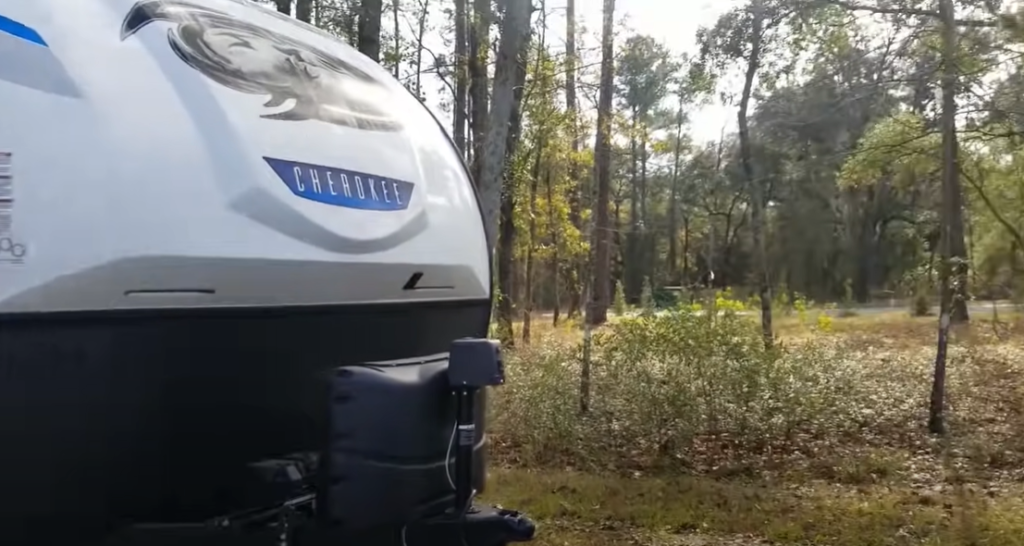
What Should You Know About Buying New?
If you are considering buying a new RV, there are some important things to keep in mind. First, make sure to do your research and comparison shop for the best deal.
Many dealers will be willing to negotiate price and may offer additional incentives such as free delivery or extended warranties.
Before you sign any documents, read them all very carefully. Make sure that you understand everything that you are agreeing to. Also, always ask for a copy of the warranty. This way, if anything goes wrong with your RV, you will be covered.
Set Your Goals And Budget
It is important to set goals and budget when learning how to buy an RV. What kind of RV do you want? How much space do you need for your things? Then, make a budget that has enough money for things like insurance and registration fees.
Take the time to explore all of your financing options before committing to a loan. Many banks and credit unions offer special rates for RV buyers that can help you save money in the long run.
Finally, test drive any RVs you are considering. This will give you an idea of how the vehicle handles and whether it matches what the seller said about its condition. [1]
What To Know Before Buying An RV?
When learning how to buy an RV, it’s important to do your research and know what you’re getting into. Consider all of the costs associated with owning an RV such as insurance, registration fees and maintenance costs.
When you have found an RV that you like and that is also affordable, take it for a test drive before deciding if you want to buy it. This will help make sure that the vehicle is a good fit for you and that it is in the same condition as the seller said it was.
Finally, make sure to register your RV with your state or province and invest in insurance. This will make sure that you are properly covered if you plan to take your RV on long trips or across state lines.
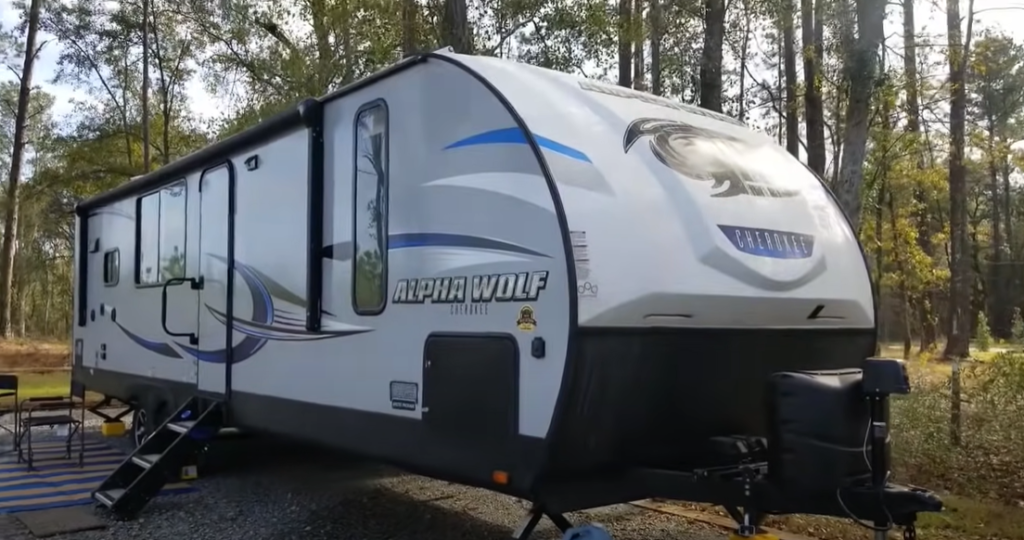
How Much Does It Cost To Buy An RV?
The cost of buying an RV will depend on the type of vehicle you choose and any additional features. New RVs can range from a few thousand dollars to over $100,000.
Used vehicles may be slightly cheaper but they will also require more maintenance in order to keep them running well.
When considering how much it costs to buy an RV, don’t forget to account for ongoing costs such as insurance and registration fees. Also, make sure to budget enough money for regular maintenance like oil changes and tire rotations.
Finally, consider any additional features or amenities you may want such as solar panels, a generator or air conditioning. These can add up quickly but can also make your RV experience more enjoyable. [1]
How Much Does An RV Cost To Own?
Once you have purchased an RV, there are additional costs associated with owning it. First, you will need to register the vehicle with your state or province and purchase insurance.
You should also think about how much it will cost to take care of the RV. This includes things like oil changes, tire rotations, and repairs. Some RVs need regular check-ups to make sure they are in good condition.
Finally, consider any amenities or features you may want such as solar panels, a generator or air conditioning. These can add up quickly but can also make your RV experience more enjoyable.
Decide If You Want A New Or Used RV
When you are trying to decide how to buy an RV, it is important to think about whether you want a new or used one. New RVs usually cost more money, but they might have more features and come with a warranty.
A used RV may cost less money, but it will need more repairs. Test drive the RV before you buy it. And have someone who knows about cars look at it too. This way you will know how much work the RV needs and if it is a good deal.
New RV Pros And Cons
If you are considering buying a new RV, there are some advantages and disadvantages to consider.
The downside of buying a new RV is that it will cost more money upfront. You may also have to wait longer for delivery, depending on the model and features you choose.
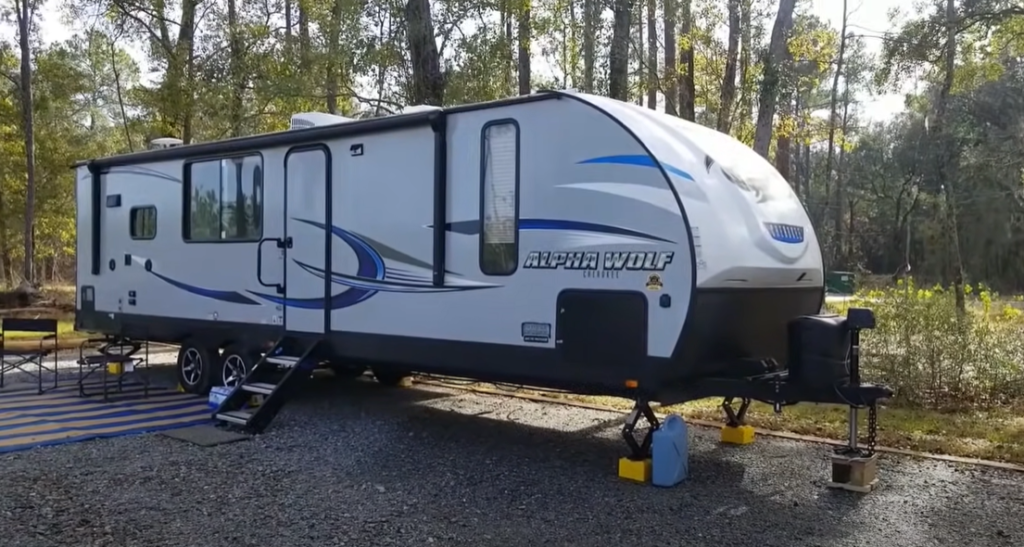
What To Look For When Buying Used ?
When buying a used RV, there are some things you should look for. Make sure to check the engine, brakes and tires for any signs of wear or damage.
You should also check the outside and inside of the RV for water damage or mould. Ask about any repairs that were done in the past and get a written estimate of how much it will cost to fix anything that needs to be fixed.
Finally, make sure to take the RV for a test drive. This will give you an idea of how well it runs and if there are any problems that need to be fixed before you buy it.
Watch Out For The 10-Year Rule
When you are trying to decide how to buy an RV, be aware of the 10-year rule. This rule says that an RV is only worth half as much after 10 years.
So if you buy a used RV that is more than 10 years old, you should expect to pay less for it than a newer model. However, you may also have to pay more for repairs and maintenance on an older RV.
It is important to do your research before buying a used RV so that you know what to expect in terms of costs and maintenance.
Choose Your RV Type And Floor Plan
One of the most important decisions you will make when buying an RV is what type and floor plan to choose.
There are many different types of RVs. Some examples are travel trailers, fifth wheels, pop-up campers, and motorhomes. Each type is good and bad in different ways.
You should think about how much space you need and what features you want before you decide which type of RV to get.
When it comes to floor plans, there are many different layouts available. Think about how many people will be travelling in the RV and look at several different options before making your final decision.
RV Vs. Camper
Motorhomes are the most expensive option, but they offer more features and living space than campers or travel trailers. They also allow you to drive your home with you wherever you go.
Campers and travel trailers are usually cheaper than motorhomes, but you need a pickup truck or SUV to pull them. They have less space and don’t have as many features, but they can be a good option for people who don’t need a lot of room.
Which RV Is Right For You?
When deciding how to buy an RV, it is important to think about what type of RV is right for you. Consider your budget, how much space you need, and the features you want before making a decision.
Once you have narrowed down your choices, it is a good idea to test drive an RV before making a final decision. This will help ensure that you are getting the best RV for your needs.
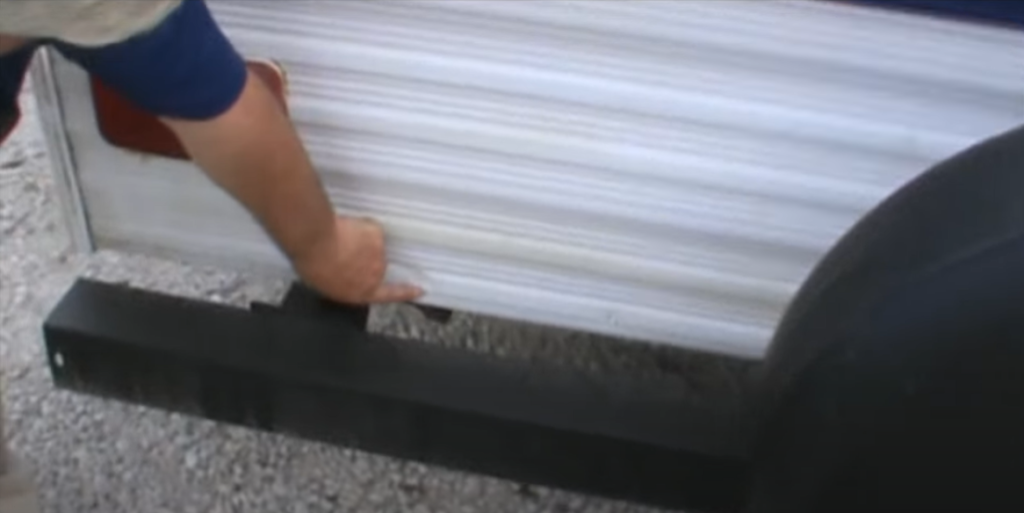
Popular RV Floor Plans
Here are some of the most popular RV floor plans:
- Class A – This type of motorhome is the largest and most luxurious. It has a full-size kitchen and bathroom, as well as plenty of room for sleeping.
- Class B – Class B RVs are smaller than Class A but still have many features. They have a kitchenette and bathroom, as well as sleeping space.
- Class C – Class C RVs are the most popular type of motorhome. They have a full-size kitchen and bathroom, but they also offer more storage than other classes.
- Travel Trailer – Travel trailers come in many different sizes and styles. They typically have a kitchenette and bathroom, as well as sleeping space.
- Fifth Wheel – Fifth wheel RVs are similar to travel trailers but they attach to the bed of a pickup truck instead of being towed behind it. This type is great for those who want more living space than a travel trailer but still want the convenience of a truck.
No matter which type of RV you choose, it is important to understand the features and floor plans available so that you can make an informed decision when buying your RV. With careful research and planning, you can find the perfect RV for your needs!
Shop Manufacturers And RV Models In Your Budget
Once you have chosen the type of RV you want, it is important to shop around to find models that fit your budget.
Look for reputable manufacturers and compare prices on different models. You should also read reviews and talk to people who own similar RVs.
This will help you make sure the model you are considering has good reliability and is the right fit for your budget.
What Is The Best RV To Buy?
There are many different types of RVs. It is important to learn about all the options before you buy one. Consider the features you want, the size you need, and what type of RV is right for you.
Choose the kind of RV you want. Shop around for a good manufacturer. Compare prices on different models.
Read reviews and talk to people who own similar RVs before making your final decision. This will help ensure that you get the best RV for your needs.
Choose Your Ideal Dealership
Look for a dealership that has good prices and services. Talk to other RV owners and read reviews online about different dealerships. You should also look at the selection of RVs at each dealership so you can compare prices and features.
Negotiate Price And Buy Your RV
Before making the purchase, try to negotiate a better price with the dealership. They may be able to offer you discounts or features that can save you money in the long run.
RV Insurance
There are many different types of insurance available for RVs so make sure you do your research and find the one that best fits your needs.
This will help ensure that you and your RV are protected in case of an accident or other unforeseen circumstances.
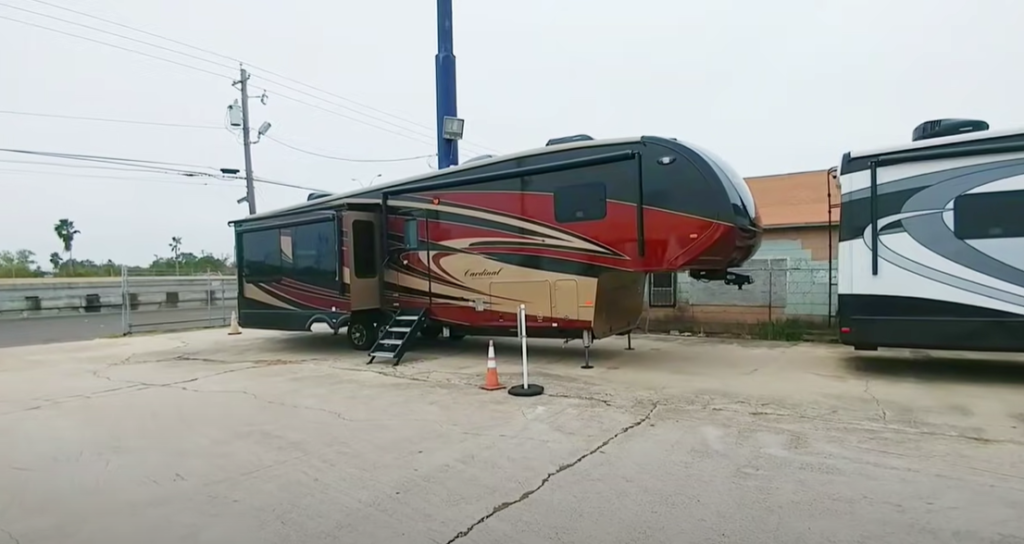
Take Delivery Of Your RV Purchase
Take delivery of your RV and hit the open road! Make sure you understand all the features of your RV before you leave. Enjoy your adventure in an RV and make memories that will last a lifetime!
FAQ
Is it worth investing in an RV?
RVs are a great way to explore the world in comfort. If you plan on using it frequently, it can be worth investing in an RV. Consider how much use you will get out of it and decide if the cost is worth the benefit for you.
What do I need to know before buying an RV?
Before making your purchase, it is important to do research and learn about the different types of RVs available.
Consider your needs as well as what kind of features you want for your RV. Talk to other RV owners and read reviews online about different models to find the best fit for you.
How much should I expect to pay for an RV?
The cost of an RV will depend on the size, features, and condition. Prices can range from a few thousand dollars for a used model to hundreds of thousands of dollars for newer ones with more features. Research different models and compare prices to find one that is within your budget.
What month is best to buy an RV?
The best time to buy an RV is often in the fall or winter when there are fewer buyers. This can mean that dealerships are more willing to negotiate on price and may even offer additional discounts.
It also allows you to take advantage of any seasonal sales that may be happening at the time.
How do I finance an RV purchase?
Financing an RV purchase can be done through a lender or through the dealership. You will need to fill out an application and provide proof of income and identity.
Depending on your credit score, you may also need to provide collateral for the loan. Talk to a financial advisor before making a decision about how to finance your purchase.
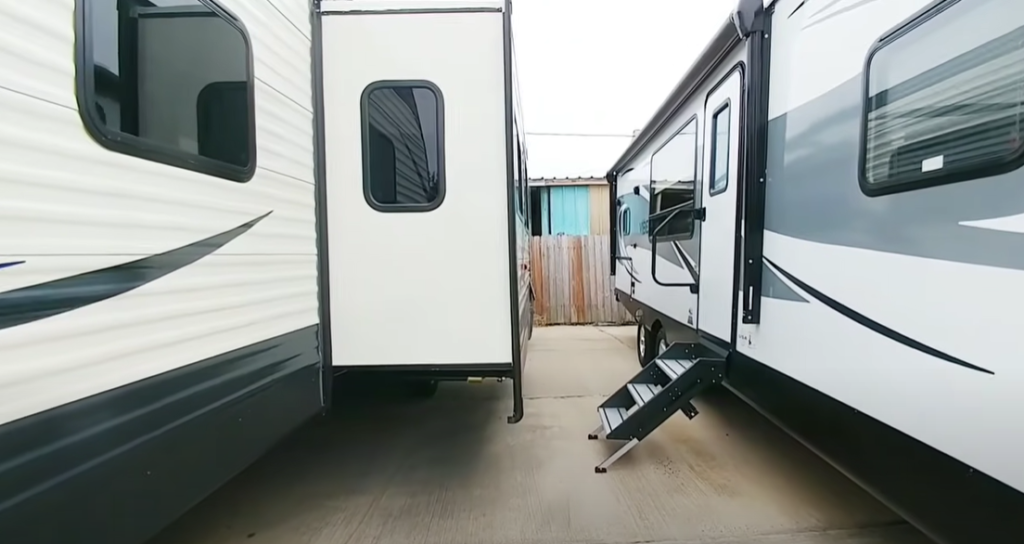
What do I wish I had known before I bought an RV?
It is important to do your research before making a purchase. Read reviews, talk to other RV owners, and make sure you understand the features offered on different models.
Consider how much use you will get out of it and compare prices so that you can find one that fits within your budget. Finally, don’t forget to factor in insurance and maintenance costs so you can be sure to enjoy your RV for years to come.
How long will an RV last, living full time?
The lifespan of an RV will depend on how well it is taken care of. Taking good care of your RV and making necessary repairs as soon as possible can help extend its life.
Generally, an RV living full time should last between 5-15 years depending on the quality and condition.
How long can you expect an RV to last?
The lifespan of an RV will depend on how well it is taken care of. Taking good care of your RV and making necessary repairs as soon as possible can help extend its life.
Generally, a quality RV should last between 10-25 years depending on the quality and condition.
What are the common problems with RVs?
Common problems with RVs include water damage, electrical issues, and mechanical problems.
It is important to inspect your RV regularly and make necessary repairs as soon as you notice them in order to extend the life of your RV. Regular maintenance is key to keeping your RV in good condition.
What should I do before I take my RV out on the road?
Before hitting the open road, it is important to make sure your RV is in good condition. Inspect all systems and make any necessary repairs. Check fluid levels and tire pressure to ensure that they are at proper levels.
Stock your RV with supplies such as food, water, first aid, and emergency equipment. Finally, be sure to check the weather before travelling so you can plan accordingly.
If you’re considering buying an RV, it is important to do your research and understand all of the costs associated with ownership. Research different models and compare prices to find one that fits within your budget.
What additional costs should I consider when buying an RV?
There are other things to think about when you buy an RV, not just the purchase price. You need to factor in the cost of insurance, registration, and maintenance. You will also need supplies like food, water, first aid items, and emergency equipment.
And don’t forget fuel and other travel costs like campground fees. It’s important to know all of the associated costs before making a decision to purchase an RV.
How do I know if an RV is right for me?
The best way to determine if an RV is right for you is to do research and compare different models. Consider how much use you will get out of it, factor in associated costs like insurance and maintenance, and make sure it’s within your budget.
Talk to other owners about their experiences and make sure you understand the features offered on different models. Finally, take a test drive or two before making your decision.
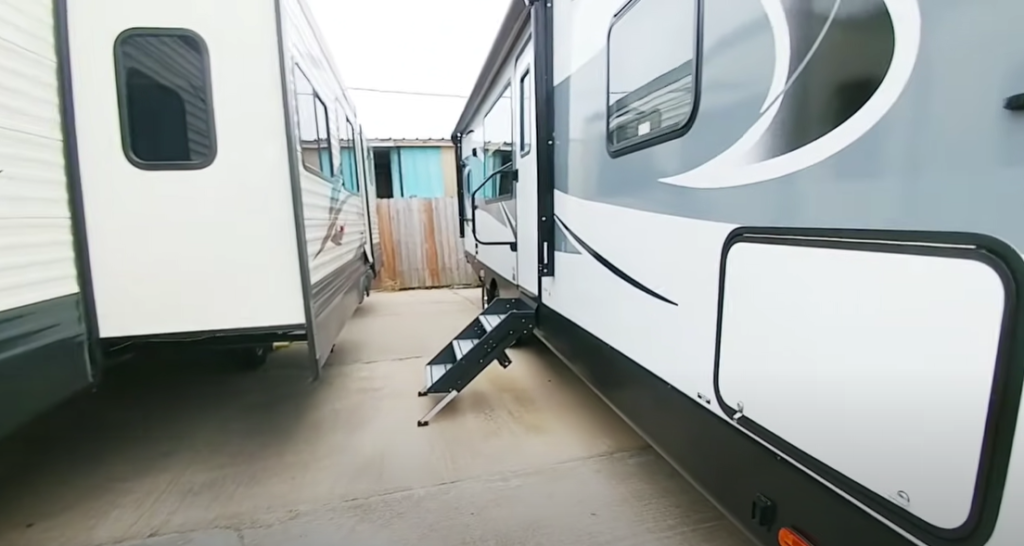
How can I ensure my RV will last?
To ensure your RV lasts as long as possible, it is important to stay on top of regular maintenance and make necessary repairs as soon as possible. You should also inspect the exterior for any signs of damage or deterioration, such as leaks or rusting.
Finally, invest in quality supplies like covers and cleaning products to help the RV last longer. With proper care and maintenance, your RV should last for many years.
Why is an RV a good option?
RVs are a great way to explore different parts of the country. They provide all the comforts of home while on the road and give you the flexibility to stay wherever you want.
RVs can also serve as additional living space if your primary residence is too small. And finally, they are a great option for long-term travellers or people who are looking to downsize their living situation.
Does buying an RV require a lot of money?
Buying an RV does not have to be expensive. There are many different options on the market, so you can find one that fits within your budget.
You can also look for used models, which tend to be less expensive than new ones. Be sure to factor in all associated costs like registration and insurance when calculating the total cost.
Do I need to worry about depreciation?
When you buy an RV, you need to account for depreciation. RVs depreciate faster than other vehicles because they are used more often and so they experience more wear and tear.
Make sure to include any potential costs from depreciation when you calculate how much the RV will cost you in total.
What should I do after purchasing an RV?
After purchasing an RV, it is a good idea to take some time to familiarise yourself with the features and functionality of the vehicle.
If you are new to RVing, consider taking a driving course or joining an RV club where you can meet other owners and learn best practices.
Does the type of RV matter?
The kind of RV you buy depends on how often you want to use it and how much money you have.
If you are an experienced RVer, then a high-end luxury model might be the right choice for you. If you plan to take shorter trips or only use it occasionally, then a basic model would suffice.
Do I need to buy special insurance for an RV?
Yes, you need to buy special insurance for your RV. Most regular car insurance policies do not cover RVs. This is why it is important to look into a policy that is only for RVs.
The cost of the insurance can be different depending on the size of the RV and what extra features are included in the policy.
Do your research and find an insurance provider that has the coverage you need at a price you want to pay.
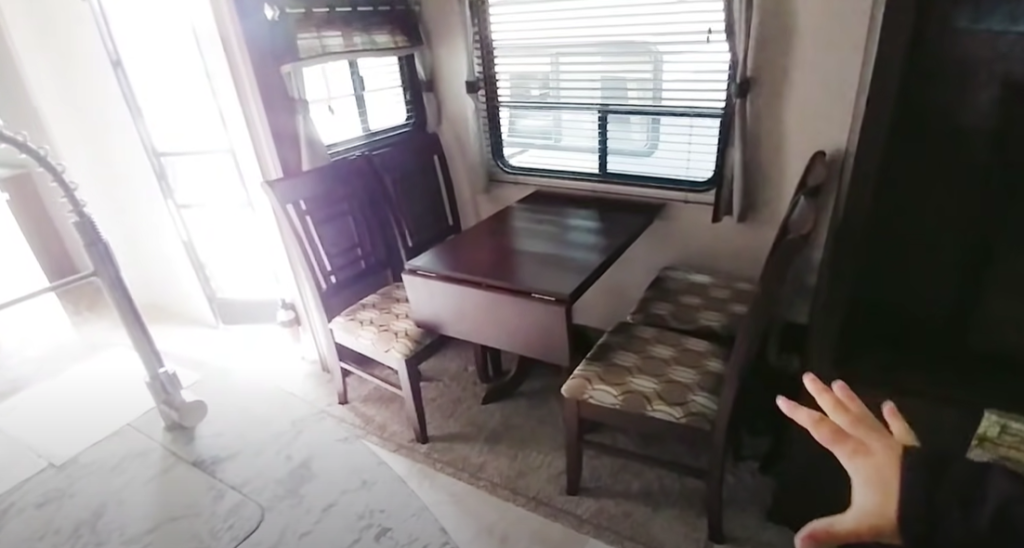
Does purchasing an RV require a lot of paperwork?
Yes, purchasing an RV does involve some paperwork. You will need to register it in the state you live in, and depending on the state, you may have to get it inspected or obtain special plates for it.
Additionally, you will need to provide proof of insurance when registering the vehicle. Be sure to get all the paperwork finished before you drive it away.
Do I need special licenses or training?
You do not need any special licenses or training to operate an RV. However, if you are new to driving an RV, it is always a good idea to take a driving course. This will help you become comfortable with the size and features of your vehicle and give you peace of mind on the road.
It is also a good idea to join an RV club, where you can get advice and tips from other owners.
Useful Video: WATCH THIS Before Buying Your 1st RV!!
Conclusion
Buying an RV is a huge investment. You want to make sure you do your research and find the perfect one for you and your family. There are a few things to keep in mind when you are RV shopping, such as what size you need, what features are important to you, and of course, how much you are willing to spend.
With a little bit of planning and patience, you will be on your way to hitting the open road in no time! Happy RV shopping!
References:
- https://www.motor1.com/products-services/rv/how-to-buy-an-rv/
- https://www.tripsavvy.com/complete-guide-to-buying-an-rv-2912457

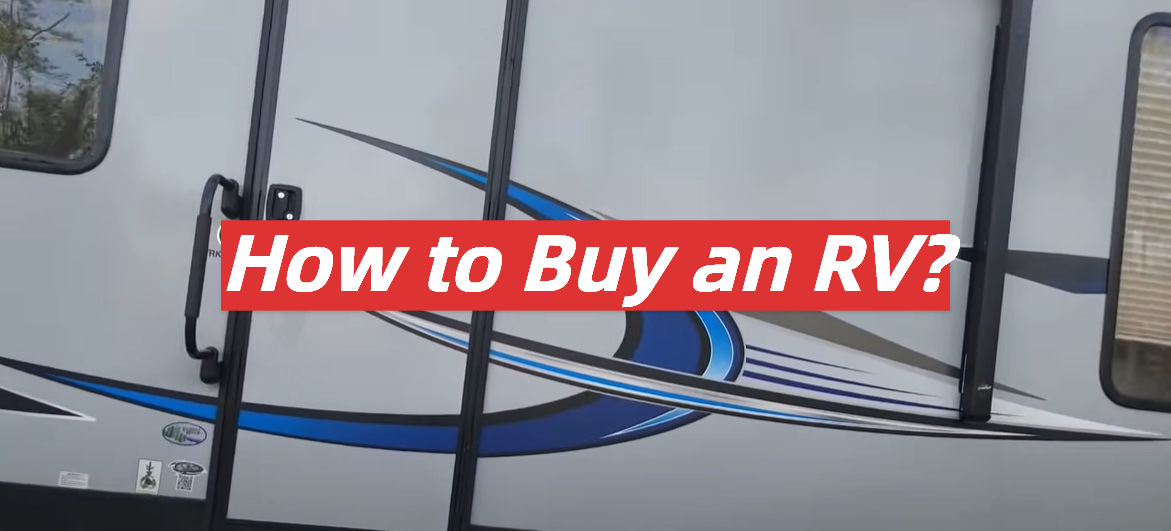
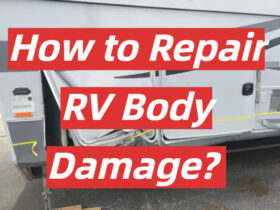
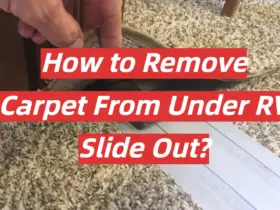
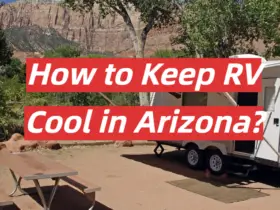
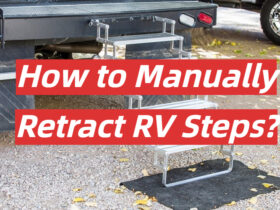
Leave a Reply